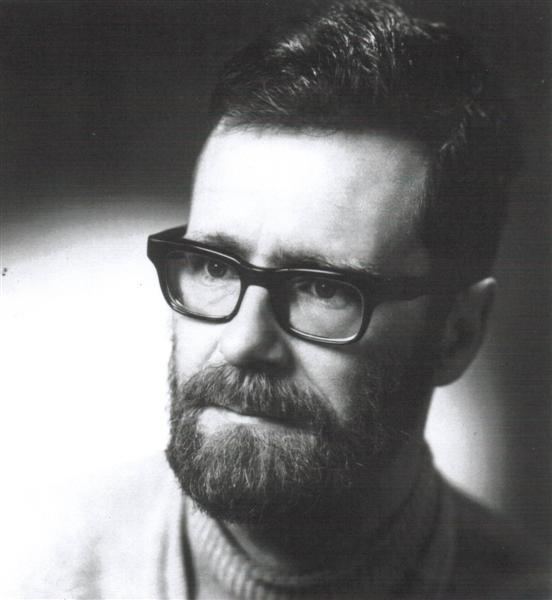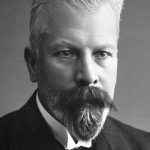Date of Birth: May 11, 1930
Zodiac Sign: Taurus
Date of Death: August 6, 2002
Biography
Edsger Wybe Dijkstra was a pioneering Dutch computer scientist, born on May 11, 1930, in Rotterdam, Netherlands. He is widely recognized for his significant contributions to the field of computer science, particularly in the areas of algorithm design and programming languages. Dijkstra’s early work includes the development of the shortest path algorithm, which is now known as Dijkstra’s algorithm. This groundbreaking work laid the foundation for much of modern computer science and is still extensively used in various applications, from GPS navigation systems to network routing. Dijkstra received his education at the University of Leiden, where he initially studied mathematics and theoretical physics. He later shifted his focus to computing after becoming intrigued by the potential of electronic computers. In 1959, he obtained his Ph.D. from the University of Amsterdam with a dissertation on communication with an automatic computer. Throughout his career, Dijkstra was a vocal advocate for structured programming and was instrumental in the development of several high-level programming languages, including ALGOL. He held various academic positions, including a professorship at Eindhoven University of Technology and later at the University of Texas at Austin. Dijkstra was known for his sharp intellect and wit, often expressing his ideas through concise and thought-provoking writings. His contributions were recognized with numerous awards, including the prestigious Turing Award in 1972. Edsger Dijkstra passed away on August 6, 2002, in Nuenen, Netherlands, but his legacy continues to influence the field of computer science.
5 Interesting Facts about Edsger Dijkstra
1. Edsger Dijkstra’s algorithm for finding the shortest path between two nodes in a graph is fundamental to computer science.
2. He was awarded the Turing Award in 1972 for his contributions to developing programming languages and methodologies.
3. Dijkstra was a strong proponent of the use of formal methods in software development to ensure correctness and reliability.
4. He coined the term “structured programming,” which advocates for a clear, logical structure in coding to avoid the pitfalls of “spaghetti code.”
5. Dijkstra’s famous essay “Go To Statement Considered Harmful” had a significant impact on programming practices by discouraging the use of the GOTO statement.
5 Most Interesting Quotes from Edsger Dijkstra
1. “The question of whether machines can think is about as relevant as the question of whether submarines can swim.”
2. “Simplicity is a prerequisite for reliability.”
3. “Program testing can be used to show the presence of bugs, but never to show their absence!”
4. “It is not the task of the University to offer what society asks for, but to give what society needs.”
5. “Computer science is no more about computers than astronomy is about telescopes.”
Highest Net Worth Achieved
Edsger Dijkstra’s net worth is not well-documented as he was primarily an academic and his contributions were more intellectual than financial. However, his highest net worth was likely modest compared to contemporary tech moguls.
Children
Edsger Dijkstra had three children: one son and two daughters. His family maintained a private life, and details about his children are not widely publicized.
Relevant Links
1. [Edsger Dijkstra’s Biography on Wikipedia](https://en.wikipedia.org/wiki/Edsger_W._Dijkstra
3. [Edsger Dijkstra’s Manuscripts and Letters](https://www.cs.utexas.edu/users/EWD/
5. [Structured Programming](https://dl.acm.org/doi/10.1145/365230.365257

